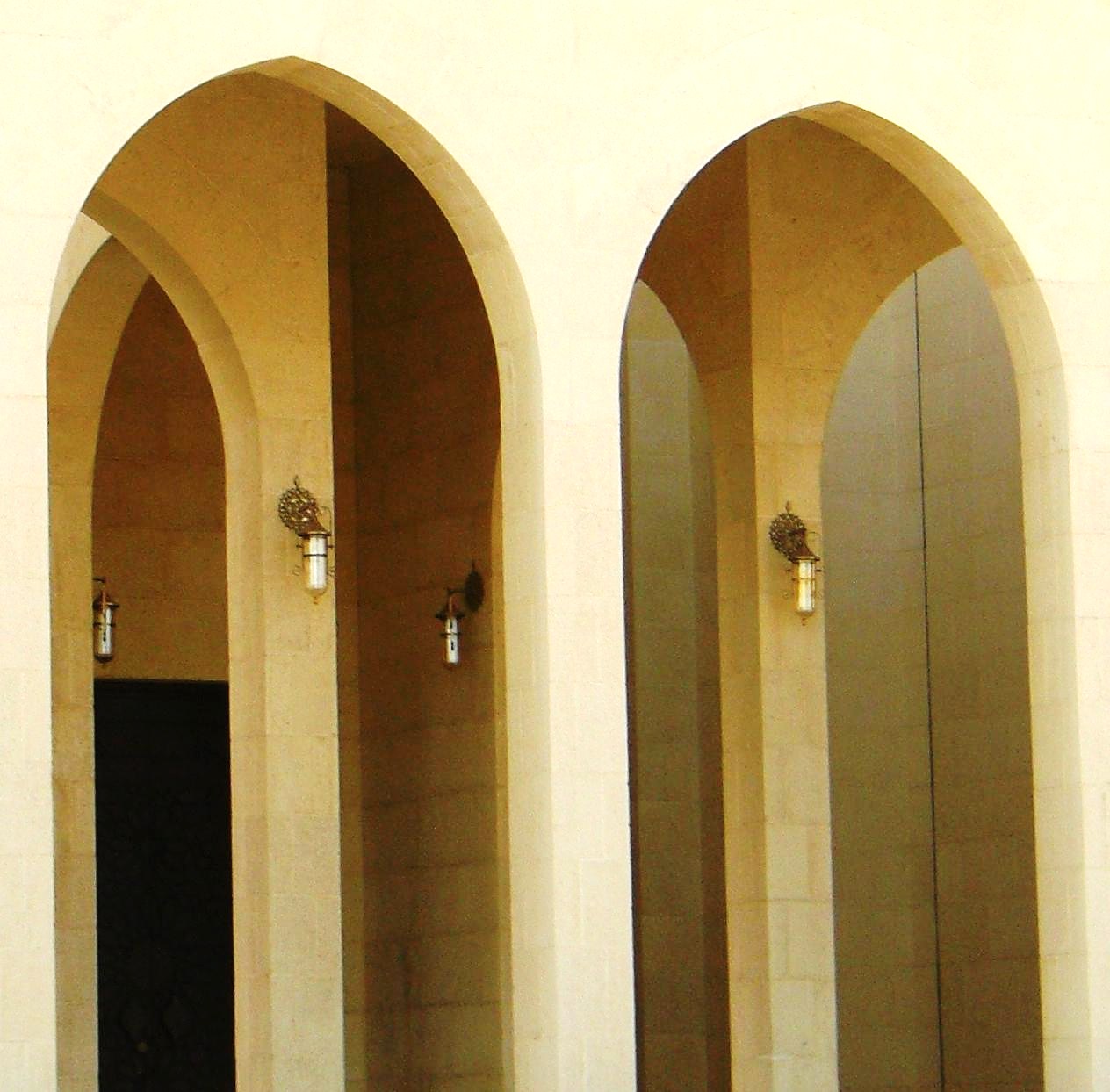 In his eloquent post, Edward E. Curtis comments on the challenges that confront scholars of Islamic studies who seek to inform the general public in accessible ways while maintaining their professional obligation to accuracy in all of its complexity. The tension Curtis describes in navigating the politics of public scholarship is one that also plays out in expressly academic scholarship—as my own experiences attest.
In his eloquent post, Edward E. Curtis comments on the challenges that confront scholars of Islamic studies who seek to inform the general public in accessible ways while maintaining their professional obligation to accuracy in all of its complexity. The tension Curtis describes in navigating the politics of public scholarship is one that also plays out in expressly academic scholarship—as my own experiences attest.
I routinely encounter a question from colleagues who read my dissertation prospectus or one of my dissertation chapters: what is your political goal or normative stance? My research is in Islamic (and sometimes Jewish) legal history; so why does this historical research elicit this question? In legal-academic circles, the policy question is unsurprising since it is intrinsic to legal scholarship and thus uniformly asked. However, in the context of non-legal academic circles, the question is atypical and discriminatorily asked; it reflects how academics perceive Islamic studies scholarship and Islamic studies scholars. I do not doubt that if I had continued to study medieval French literature, I would not be dogged by policy questions as consistently or persistently. (Would anyone ask what political motivations animate a study of La Chanson de Roland?) And from consulting with my colleagues, I know that historians in other fields very rarely (if ever) encounter comparable questions of policy. Moreover, the question would be asked less often and less vociferously if I were a senior scholar or a man. (In numerous professional settings and circumstances, I have witnessed challenges to the credentials and politics of minority and female academics while the challenger’s own qualifications or biases tacitly remained unacknowledged.) Posing the question is itself a power ploy—one that undermines scholarly contributions by deflecting attention away from the substance of scholarship.
Of course, the policy question is also asked because most Islamic studies scholars are willing to answer it. Scholars—knowingly or unknowingly—respond and react to contemporary events and questions. Government agencies, grant-awarding institutions, and university administrators each promote and support scholarship that answers specific questions and the very articulation of those questions partially determines the answers. This is evident in research topics, conference themes, and scholarly discussions—where the colonially inspired topics of Islam and violence, non-Muslims, and women, by way of example, are prominent. Some of this is inevitable: all academic knowledge production is imbricated in contemporary realities and questions. But scholarly answers to those questions should be based on evidence—meticulously researched and presented—and we should debate the accuracy, consistency, and logicality of those answers. This is not a denial of the ineluctable role of identity and ideology in scholarship, but rather an appeal for scholarly rigor and against the kind of prejudices that operate to silence unconventional voices.
As a lawyer, I appreciate the critical importance of historical inquiry to contemporary legal challenges; as a historian, I resist attempts to demand normative outcomes from historical research. Balancing these disparate commitments is no easy feat and the endeavor warrants restraint. Just as Curtis advocates caution in simplifying Islam for public audiences, I would add that this same caution needs to be practiced within academic knowledge production: if we frame our scholarship as answers to questions of policy, we lose some of the necessary intricacy that scholarly research demands.
Within Islamic studies research in the West, the fraught political landscape pushes scholars to circumambulate around specific, narrow issues and to float at the level of generalizations. Preoccupied with trying to provide answers to questions issued by the public (or the government), or with reacting to contemporary events, scholars of Islamic studies are not generating enough of their own research questions and are not sufficiently insisting on thoroughness. We can do more; we can choose to focus on substance—and this, I believe, begins by questioning the questioner.











